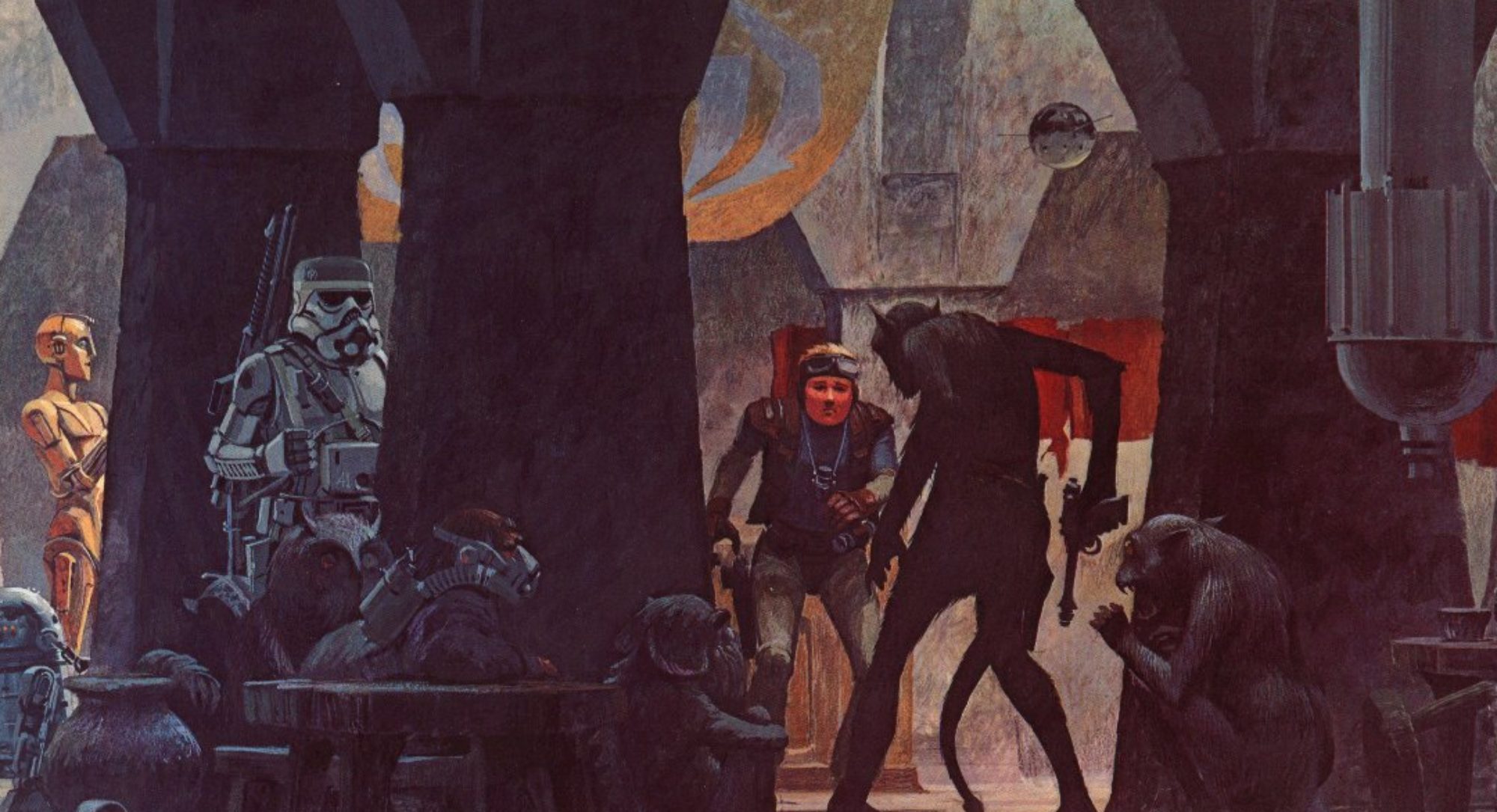 Last night, Laura and I caught the first installment of Steven Moffat and Mark Gatiss’ modernized take on the Holmes canon — the BBC’s Sherlock. The show will air on Masterpiece sometime later this year, although (ahem) other methods exist for viewing the show before then. It is well worth your time: The show is gobsmackingly BRILLIANT, managing to update Holmes and Watson to 21st Century London flawlessly.
Last night, Laura and I caught the first installment of Steven Moffat and Mark Gatiss’ modernized take on the Holmes canon — the BBC’s Sherlock. The show will air on Masterpiece sometime later this year, although (ahem) other methods exist for viewing the show before then. It is well worth your time: The show is gobsmackingly BRILLIANT, managing to update Holmes and Watson to 21st Century London flawlessly.
Holmes was one of my first bits of fan-geekery. My shelves are full of complete editions, additional editions, pastiches, retrospectives, and more. It was through Holmes that I developed my love of Victoriana. When this show was first announced, I cringed. The thought of a modernized take on Holmes brought to mind such atrocities as the 1987 CBS TV movie The Return of Sherlock Holmes or 1993’s Sherlock Holmes Returns. A friend of mine quipped: “A modern take on Holmes? Is that already on, and called HOUSE?” But despite my misgivings, there was a factor that prevented me from dismissing it entirely. That factor was Steven Moffat.
My fellow geeks are by now well converted to the church of Moffat, having seen his brilliant work on the revived Doctor Who, including his current role as the showrunner. I have long been impressed by his writing — especially the intricacy of his plotting and how he plays with structure, evident in even his sitcom work like Coupling. The work that convinced me that he might just be able to pull off a relaunch of Holmes, though, was his modernization of another seminal Victorian work — Jekyll, which he did for the BBC 3 years ago. (If you haven’t seen this, get thee to Netflix hence.)
So I gave it a shot, and was rewarded for my faith.
Sherlock is damn near perfect. I would say 100% perfect, if not for one thing. There will only be 3 episodes. Of course, these episodes are essentially 90-minute films, but still, I want MORE. Much more. Here’s hoping that the BBC commission more episodes (and in batches of more than 3, hopefully), but as of today, there’s been no official statement — apart from a “source claims” quote in the notoriously dodgy tabloid, The Sun.
Benedict Cumberbatch is wonderful as Holmes — manic, obsessive, odd, intense: everything Holmes should be. Martin Freeman thankfully dispels the bumbling Watson stereotype, playing a British Army doctor recently back from Afghanistan, and feeling the effects. The plot of the first episode, is a modernized riff on elements from “A Study in Scarlet”, and enthralled me all the way through, despite the fact that at this point, I could probably recite the original story verbatim from memory.
The biggest praise I have for Sherlock is that I wanted more of it, immediately — and that my brain started hammering out ways that the tales of the classic canon could be updated for the 21st century (somewhat problematic, as I have plenty of my own efforts that I should be working on!). More of this, Mr. Moffat. Much more, please.

